Table of contents
- Why all the Script Consultants?
- 1. Pay Peanuts, get Monkeys: Rock Bottom Reader Prices
- 2. The Alternative (and therefore Better) “Fauxpro” Screenwriter Perspective
- 3. Vague, Missing-in-Action Consultant Biography
- 4. Yesterday’s News
- 5. A House (and Resume) Built Out of Sand
- 6. Junior High Script Consultants
- 7. Supersonic Script Report Turnaround Times
- 8. Extreme Social Media Screenplay Consultant
- 9. Oh go on then, if I must… (The Reluctant Script Consultant)
- 10. The Review-less Script Consultant & Their Stitched Together “Testimonials”
- 11. The Script Consultant Who’s “Worked on” Lots of Movie and Shows (As a Gaffer)
Why all the Script Consultants?
After spending many decades lurking in the shadows of the entertainment industry, script consultants and their services are finally getting some PR (good, bad and ugly) and perhaps slowly overturning the ideology and mythology of the isolated, genius screenwriter, which has dominated the amateur imagination.
But where there’s fresh meat there’ll be sharks, and the lure of the burgeoning script consultant industry regularly attracts snake oil salesmen, chancers, “Fauxpros” and Pied Pipers who are here today, gone tomorrow…
Every week a new service wriggles free out of the internet, covered in ectoplasm and sporting the pearly-white grin of The Confidence Man…
It seems almost anyone’s a “script consultant” now, with only a screenwriting degree under their belt. Seemingly every week a new “service” wriggles free out of the internet, covered in ectoplasm and sporting a Confidence Man’s grin.

These offerings are typically run by someone with little-to-no industry credentials (or vastly inflated ones), and offer absolutely no point-of-difference in an already crowded marketplace.
Let’s be honest – script development is a particularly nebulous area, in which it’s tricky (nay, impossible) to prove conclusively who’s “better” than who.
Like anything artistic, or subjective, or creative this only increases the importance of industry reputation and a demonstrable track record on a script consultant’s (or consultancy’s) resume.
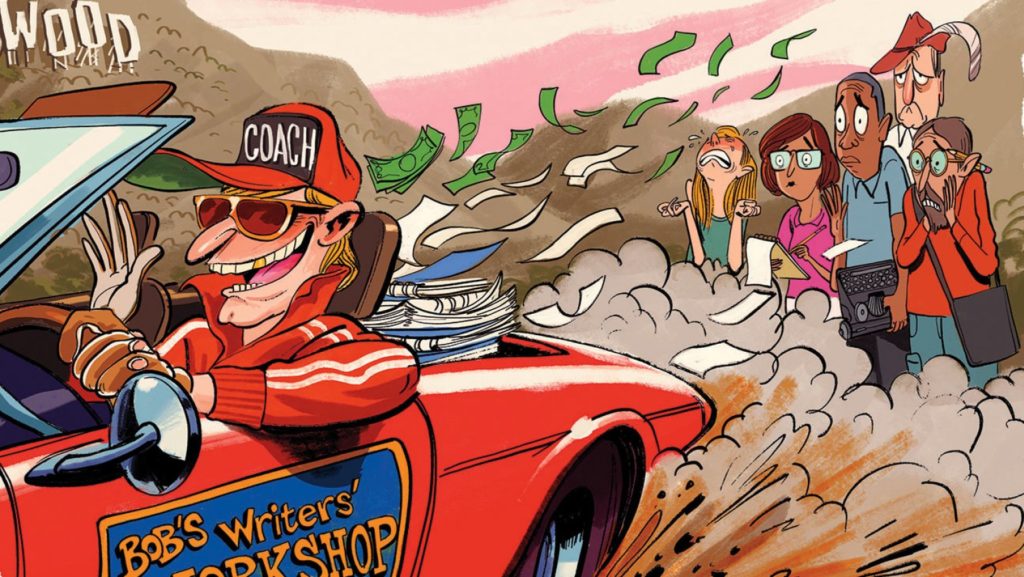
All the nepotism and crafty digital marketing hacks in the world might get a script consultant a couple of decent script reading jobs, but true longevity only comes with sharp development skills, superb script notes and some degree of (main) industry respectability.
So why the high turnover of script consultants?
Why dey come and why dey go?
And – more importantly – as a new screenwriter, how on earth can you sidestep and juke all the myriad charlatans?
Let’s deep-dive in to the list, but first, here are the Article Highlights…
- What does a script consultant do?
- Introducing The “Fauxpro” Screenwriter
- The Review-Less Script Consultant
- How do I become a script consultant?
- and much more!
1. Pay Peanuts, get Monkeys: Rock Bottom Reader Prices
Firstly (or for the uninitiated) let’s consider the following question:
What does a script consultant do?
As this is a long piece already (buckle up), let’s try and answer this question succinctly. A script consultant is essentially someone independent and impartial, who reads a screenplay and delivers their view both on its quality, and how it can be improved.
People who work as script consultants are either freelance, or work for a company who specialises in consultancy like Industrial Scripts.
Finally, they essentially fulfil a twin role in the industry, by:
- a) helping screenwriters, producers and filmmakers improve their projects and
- b) acting as a two-way quality-control mechanism on the script’s strengths and weaknesses, both for the filmmaker employing them and, equally, the company (who are trying to ensure that their most important executives only read the good scripts, worthy of their precious time).
We could go on, but that’s what script consultants do, in a nutshell.
Moving swiftly on then, let’s examine the ingredients for what consultants produce: script coverage, script notes, script reports, script feedback, script analysis, or whatever you want to call it.
- Read the script very thoroughly – 2 hours minimum
- Compose thoughts, notes and how to back views up – 30 minutes minimum
- Write the report – approx. 30 minutes per page
- Conclude, proof, deal with admin – approx. 30 minutes
On a standard 4 page report, that’s usually 4 to 5 hours work depending on the individual.
So, when you see prices which don’t go much north of $40…well, who do you think is doing the reading?

To be clear, serious script readers don’t do this.
Granted, script consultants are providing a service in a highly competitive market, but they shouldn’t be advertising a fee which implies their work is menial – especially when costs, overheads and personal taxes are taken into consideration.
Readers who work for bigger consultancies might work for less, but then they’re not worrying about all the myriad and seemingly never-ending costs and administration and sales and socials and sweat equity involved in running, y’know, a proper business.
These carefree souls just show up (well, go back to bed, armed with coffee), read their scripts, get paid and move on to the next…free-er than William Wallace in Act 1 of Braveheart.
Try pitching it to the dude who lays tarmac for a living. He might want in.
But bona fide independent script consultants with their own website and established brand always quote a fee to match.
So if the independent script consultant’s primary feature film feedback service is under the $100 mark then, well, that should set your spidey senses tingling.
Nobody gets into script development just for the money, but way low prices are typically the preserve of someone who never really got anywhere in the main industry, bargain bin type coverage companies palming the work off to unpaid interns, or just good ol’ college leavers fishing for beer money.
2. The Alternative (and therefore Better) “Fauxpro” Screenwriter Perspective
“Here’s why our script reading service is different: we’re producers/editors/pro writers/financiers/grips (delete as applicable) and therefore offer a unique perspective– we’re producers! We know what our own kind is looking for! We’re pro screenwriters! Therefore we’ve been there and done it and are legit!”
These arguments are less robust than Mr Glass.
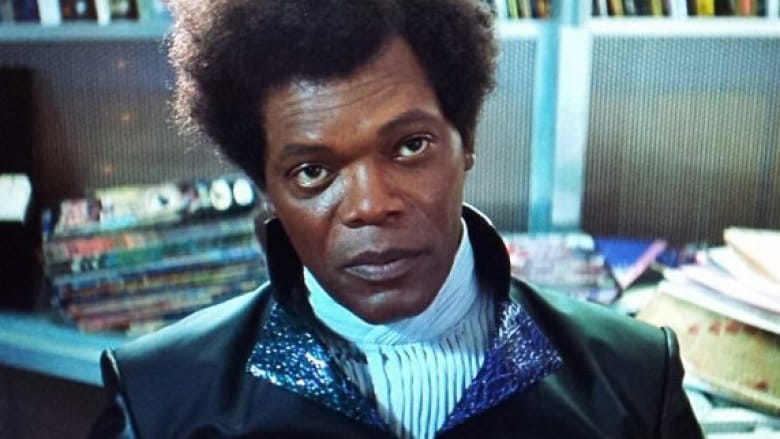
The most popular is the “pro screenwriter” argument, which positively litters the internet, yet topples and shatters when prodded with a two-year-old’s squidgy finger. In mitts.
Their chatter goes something like this:
“we’re pro screenwriters, and are part of the industry. Did I mention we’re PRO? It stands for professional. It means we earn our living constantly writing screenplays for reputable producers and studios. Because we’re pro, and have SOLD screenplays, we’ve done what you’re trying to do, and can out of the generosity of our heart pass the ladder back down better and more effectively. It means we’re rubber stamped and legit. We’re Pro”.
Let’s pull this apart, systematically:
Would you hire a carpenter with modest-at-best plumbing experience to fix your sink?
Would you hire a vet to take your baby’s temperature?
Would you hire a brilliant but irascible and intolerant author to help your grandmother for the day with her magnum opus novel?
See: there’s this gigantic fence or a wall. Can you picture it?
And on side stands the screenwriter, and on the other stands the script consultant.
They are not the same person.
Was every legendary sportsman a great coach, too?
Was every average player also an average coach? Sport and indeed life is riddled with examples of the direct opposite – great writers do not auto-qualify as great consultants. Great consultants do not auto-qualify as great writers. The skillsets are fundamentally different.
If they were the same, why couldn’t every screenwriter worth his or her salt be a huge executive, too? Or manager?
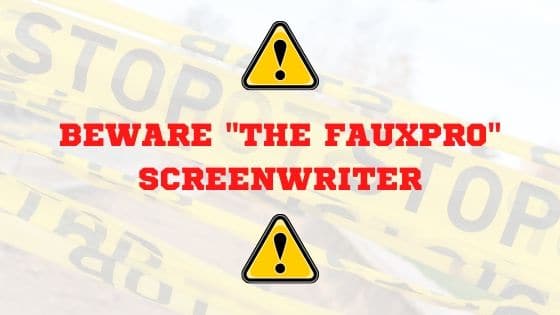
Also…uh…and this is kinda the proverbial elephant in the room but, if you guys are PRO screenwriters, why the hell are you here peddling notes on the internet, rather than in a writer’s room, or in a meeting with your manager, or on the phone to the WGA about some of your residuals?
Why are you not at The Grove buying half the Hugo Boss store and not even feeling guilty about it?
Why are you not rolling calls from 8am with producers about all the projects you’re currently contracted to?
Why are you not thinking up new and innovative ways to BS said producers and studios that they’ll get their contracted drafts on time, this time?
If you guys are truly PRO screenwriters, why the hell are you here peddling script notes on the internet, rather than in a writer’s room, or in a meeting with your manager, or on the phone to the WGA about some of your residuals?!!
It’s because…MGM drumroll…these people are not PRO screenwriters.
They don’t earn their core living writing scripts and broadly speaking, they don’t sell projects for proper amounts to major players. If they did – think about it – they wouldn’t be available for $300 a pop on the internet!
It just wouldn’t happen.
They are…The Fauxpros – journeymen screenwriters who’ve never cracked the major leagues, sometimes lack even major managers or agents, who’ve typically fallen on hard financial times, and decided to make a buck or two.
As some of the canniest snake oil script consultants about, you’ll need to watch out for The Fauxpros. They’ll getcha.
3. Vague, Missing-in-Action Consultant Biography
Has the script consultant worked for “numerous film producers and film production companies”?
Are they, in addition to their numerousness, “award winning”?
The “Missing-in-Action Biography” is one of the snake oil salesman’s major weapons, but at least it’s easy to spot.
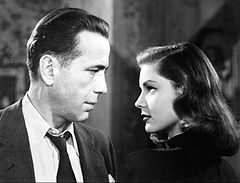
Anonymous script doctoring – the type which has seen many a major screenwriter‘s invisible fingerprints over many a Hollywood blockbuster – usually comes after a professional establishes themselves with the major players, and not before.
As Stephanie Palmer said: “Hollywood isn’t a town built on modesty”.
If it’s all a little vague, and there aren’t companies of note worth crowing about, then draw your own conclusions…
4. Yesterday’s News
Excellent credentials, extensive experience – and all of it circa The African Queen.
Age might bring wisdom but if the script consultant has been out of the game for this long, and still works off Final Draft V4, how can they realistically relate the client’s screenplay to the contemporary market?
And if it comes down to it, if you get feedback from them how much sway can their view carry with today’s 30 and 40-something industry execs, agents, managers and producers if they’re recommending projects?
(Check out our article on “6 Reasons why Writers Should be Sceptical of Script Hosting Sites”).
5. A House (and Resume) Built Out of Sand
GREEDY WOLF PRODUCTIONS and PECULIARITY PICTURES (the type with bedroom offices and a Gmail email address) might be about to let loose their projects at Cannes or Sundance, so you might choose to give the script consultant the benefit of the doubt, but don’t say you weren’t warned…
The industry is small, and there aren’t that many bona fide companies.
Chances are if you haven’t heard of the company, they don’t mean much.
And, crucially, neither does reading for them (often done free of charge as a slush-pile sieve, a process mostly divorced from critical interaction with writers).
Anyone can read, but reporting and analysis are entirely different skillsets – and newbie consultants often come undone making the leap from reader to editor. Basic rule of thumb for company relevance and prestige: make sure you work from the Hollywood studios and mini-majors, down…
6. Junior High Script Consultants
Their CV looks promising: a short time reading for Lionsgate…. a quick stint here at a good distributor… 2 months doing script notes at a prestigious, award winning company in New York…
But hold the phone, there’s a trend developing here…
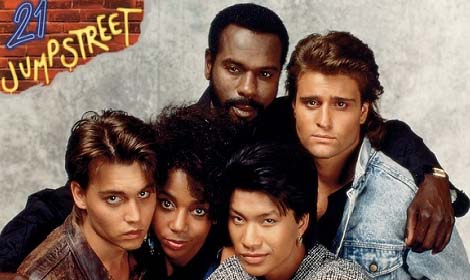
Those are internships, not paid script reading jobs!
You’re an impostor! You still live at home with Mom and Dad and only have to shave once a month!
Remember, the best interns will find homes having impressed their employers.
Interning is not pro script reading, it’s interning.
Interning.
7. Supersonic Script Report Turnaround Times
Any script consultant or script coverage company worth their salt will be booked up usually at least a week in advance.
It will require either an additional fee – or an unusually pressing client – to ensure same day, or under one week delivery.
72 hours? You’re dreaming if you’re thinking you’re going to get anyone really legit, without properly opening up that wallet.
8. Extreme Social Media Screenplay Consultant
Many script consultants just don’t have the time to be tweeting 30 times a day, or lodged firmly on Facebook chat.
Writers do because their work is inherently stop-start and the muse comes and goes (which is when you’ll see them furiously tweeting away, until writer’s block kicks in again).

Why aren’t bona fide script consultants on there morning, noon and night? Because they’re normally drowning in piles of scripts.
A blog a week can provide some light relief and rare interaction with their peers, but if the screenplay consultant is on Twitter 24/7, again, those spidey senses of yours should start tingling…
9. Oh go on then, if I must… (The Reluctant Script Consultant)
Or, in other words: The Fauxpro’s younger, jumped-up little cousin who lives two blocks away with his mother.
The Reluctant Script Consultant (RSC) is usually a precocious soul in their mid-Twenties or early-Thirties who, basically, thought he/she was going to be Christopher Nolan or Shonda Rhimes or Aaron Sorkin, and it hasn’t played out like that.
Yet.
RSCs basically believe all and any script reading is leagues beneath them, however having to repeatedly ask their mother what’s for dinner and sneaking a hip flask out to bars (to keep the bill down), is slowly taking its toll.
“I’m a writer. Or at least that’s what I want to be. Or a producer, or a director, or the CEO of Disney. But go on, I’m a bit strapped for cash, these are challenging times in the biz du show, and I’ve seen some absolute clowns make the odd dime, so why not launch my own script reading service? Knock up a website in a morning, and boom! If they’re gonna do it, so can I…”
Cue subtext:
“But really I want to write and direct. DO NOT FORGET THAT, and I will ditch this script reading ballyhoo like a cheap suit the millisecond those new writing commission fees hit my account.”
10. The Review-less Script Consultant & Their Stitched Together “Testimonials”
Screenwriting companies love to list their testimonials and success stories, often carefully edited and stitched together from their most positive client feedback.
But, to be clear, pulling together a list of “testimonials” for your script consulting isn’t exactly astro-physics.
Let’s try it together:
- make up some fictional names and an email address for each
- write nice things about your service
- fuse the two together and add some exclamation marks – “great coverage!!”
Now you’re all set. Your snake oil has reached the boil, and is ready to be served…
Come on.
The volume of public, independent, impartial review sites grows daily, spurred by the hugely successful eBay/Airbnb/Amazon purchasing models.
Think about it for a minute, how often do you buy anything anymore without reading legit reviews from previous buyers, first?
If the script reading service or script doctor doesn’t have independent, impartial reviews, and hasn’t signed themselves up to one of the leading third party reviews sites, then what does that tell you about their faith in their services, or the consistency of their work volume?
Draw your own conclusions.
11. The Script Consultant Who’s “Worked on” Lots of Movie and Shows (As a Gaffer)
The unfortunate truth of it is that getting full Script Consultant, Script Editor, Script Doctor or any other development credit for that matter, on full movies or TV shows, is really tough.
Like, really tough.
Do some digging on IMDb and you’ll realise we’re right.
So when some consultants list the movies they’ve worked on, oftentimes they’re just listing films they merely did coverage on. Or the films they worked on as an assistant where they spent more time on the American Airlines website booking flights than they did script reading.
So when some consultants list the movies they’ve worked on, oftentimes they’re just listing films they merely did coverage on.
The former is a joke, really.
By that rationale, the many script readers who assessed the script on behalf of a 3rd party, all “worked on” the film. They didn’t work on it, they just read it for a fee on behalf of somebody else and told said company or person what they thought of it! List the company you were working for, by all means, but listing the film itself?!
If we did that here at Industrial Scripts, the page would run on a long, long way.
But it’s a falsehood, ultimately, and if you see script consultants trying to leverage themselves off the films they’ve done coverage on then, once more, those spider senses should begin tingling…
The unavoidably long and winding road of script consulting…
The road to a proper career in script development is long and winding, and usually involves a slew of internships, free reading (being phased out with more and more genuine paid internships or apprenticeships) and reader’s jobs – becoming familiar with both material and the expectations of development execs and producers higher up the chain – before joining the script consultant ranks of development teams and editors.
Check out our ‘Evolution of a Script Development Professional’ chart below for an idea of how careers in this sector unfold…
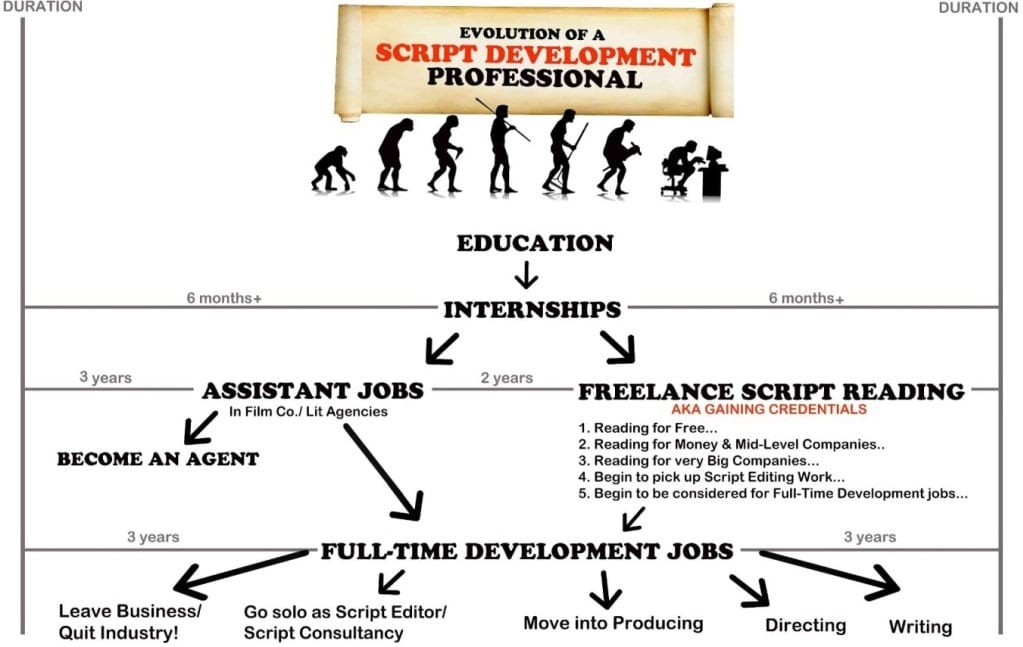
Final thought: It’s Too Important to Take Risks When Hiring a Script Consultant
Script development is the most important part of the filmmaking process.
Period.
Screenplays can take months or even years for writers to complete – dedicating time, resources, money and opportunity costs to such weighty undertakings should be done with the best possible support.
A very good script deserves an equally good screenplay consultant.
In this day and age, there’s no other way than to let the hard data do the talking for you…
How to Hire a Script Consultant: The 5 Crucial Steps
Time needed: 1 hour
How do hire a script consultant?
- Check their online reviews
There’s no excuse in the modern day for a script consultant not to have verified online reviews. If you can’t find any online reviews about their service, from a reputable third-party source, then that’s your first warning signal.

- Check their industry credentials
This is the next, essential step to choosing a script consultant. This is arguably one of the trickiest parts of the process because, as Stephanie Palmer once said, nobody in Hollywood is shy about their credentials. In fact, everyone inflates theirs to the point it can be really tough to do spot the shysters from the proper industry folk. IMDb can be a great resource however: if the consultant said he’s worked on lots of movies, are the credits there? If they claim they were a producer were they full producer or just co-associate producer? If they formerly worked for a major production company, what evidence is there of this? If they claimed they worked on set, was their role a creative, script-based one or were just the runner or gaffer or 2nd AD? Ultimately, you have to do your due diligence.

- Check their prices
Pay peanuts, get monkeys, so the saying goes and this is particularly true of script consulting. Bona fide industry consultants just won’t work for really low fees, so if the consultant’s core service is below $100, you have to query why they’re charging so little. Get feedback from the bargain bin crowd on your (hopefully) very good script, at your peril.

- Check how long they’ve been in business
The script consulting “industry” is a really fly-by-night one – people continuously pop up in to it, in order to make some short-term cash, and then disappear as quickly as they came. Always make sure to check how long the script consultant in question has been delivering script analysis – if it’s a long time, you know they’re securely strapped in for the long haul.

- Check what you’re paying for
Many screenwriters have been caught out by shysters promising “pages” of script notes (sometimes as much as 20 pages), which end up being filled with generic, sweeping commentary, double-spaced prose and sprawling synopses which simply tell the writer’s story back to them. Make sure you really scrutinise what you’re paying for from a script consultant. Here at Industrial Scripts all our reports deliver Guaranteed Word Counts, so our screenwriters know exactly where they stand.
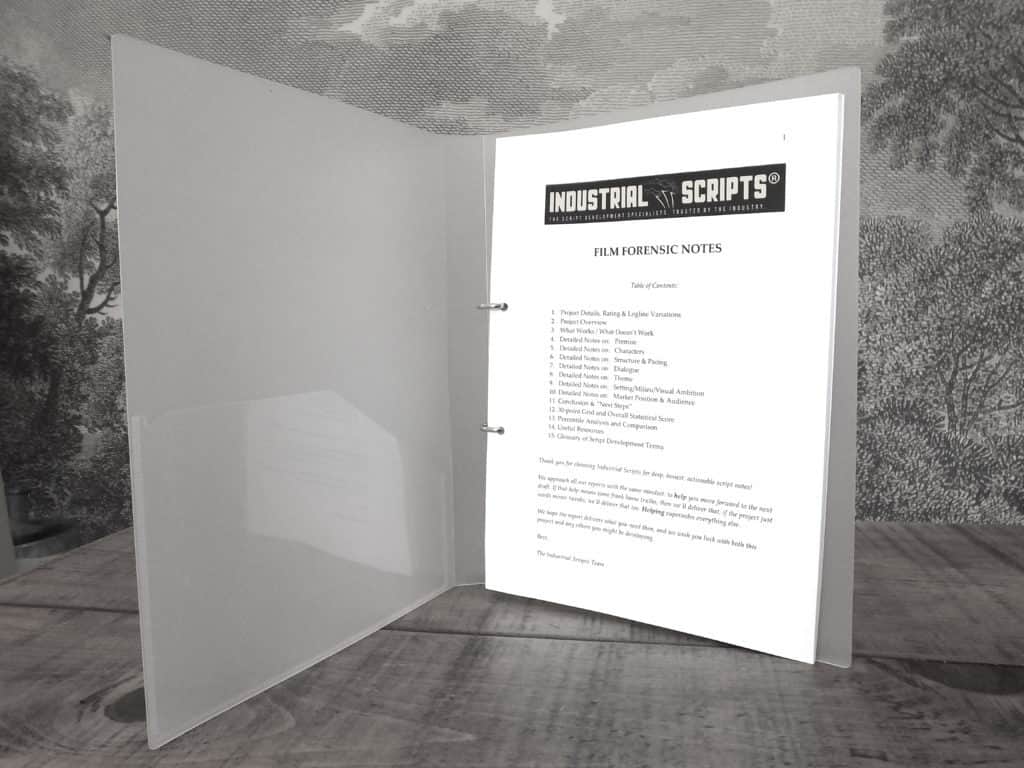
How do I become a script consultant?
Finally, are you interested in becoming a script consultant for major film and TV companies?
The best place to go to learn about this stimulating but demanding job are the following articles:
Phew!
That was a long post. Thanks for reading and please leave us a comment below!
Related script consultant FAQs…
A script consultant is a cross between a quality-control officer and a sports coach. Ultimately script consultants exist to help screenwriters a) check whether their scripts are good enough to be presented to extremely busy agents, managers and producers and b) provide creative suggestions on the script’s relative strengths and weaknesses and how it could be improved in the next draft. Script consultants are typically individuals either working in a lone-wolf fashion, or for specialist script coverage companies like Industrial Scripts.
A script’s cost to develop can vary wildly, depending on the screenwriter hired to write it. Some of the world’s highest paid screenwriters charge hundreds of thousands of dollars to write a script, while new screenwriters often work for free in order to prove themselves. There are many tiers of screenwriter in between, and no one billing year for a screenwriter is the same – their earnings fluctuate wildly. There are WGA (Writers Guild of America) minimum rates of pay that production companies have to pay guild writers. Read about them here.
Script readers are paid by the script, not on an hourly or time-based rate. Fees vary but $50 – $100 per script report is a common rate to pay script readers. Whilst not lucrative, many see pro script reading as a “paid education”, and many screenwriters, executives, agents and managers started out as script readers.
The term “script editor” is more common in the UK than the US, and is also more prevalent in TV than film. Script editors often start out as assistants to producers, or freelance script readers, and work their way up (usually via good word-of-mouth)
Script writing professionally is one of the toughest trades in the world. You’ll need talent, and seriously deep reserves of determination and never-say-die attitude, to succeed. The failure rate is extremely high but for those with an unshakeable spirit, a willingness to improve daily and great screenwriting skills, a life of high creative fulfilment and significant commercial rewards can emerge.
- What did you think of this article? Share it, Like it, give it a rating, and let us know your thoughts in the comments box further down…
- Struggling with a script? Story analysis is what we do, all day, every day…check out our range of script coverage services for writers and filmmakers.
Get *ALL* our FREE Resources
Tackle the trickiest areas of screenwriting with our exclusive eBooks. Get all our FREE resources when you join 60,000 filmmakers on our mailing list!

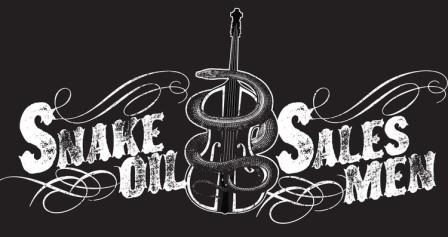
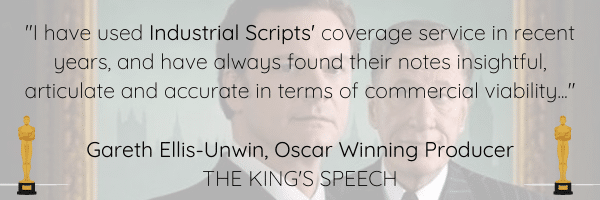

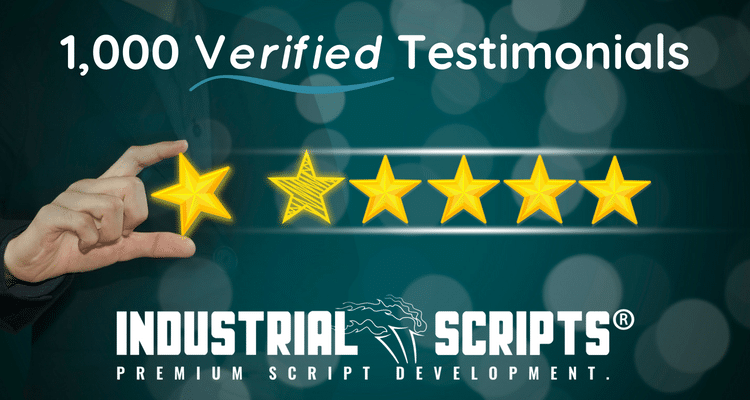

I would like to show my script to a professional-consultant, but I have problems. If possible, write to the mail and I will tell the details.
Hi Olga, you can view and book any of our script coverage services here > https://industrialscripts.com/script-coverage-services/
You didn’t mention the script readers at screenwriting competitions. Who are they? Also, there seems to be a hint if you apply early bird there are more chances your script is even read. The late deadline with the largest fee seems to be a lost cause. When you think some of the top comps have 1000s of entries. I’ve only had one coverage assessment from one of the top festivals, just to gauge a reaction to the content. BUT by your above descriptions, it appears it could have been done by one of those shysters. How did I know because I’ve been a script consultant in many forms for years? I didn’t even get what I knew I was entitled to. No suggestions on how I could improve the script, some wrong things about the script itself. A paragraph on a trivial point. The script was very America-specific, but I got the impression this person had to google the subject matter that most Americans would have known about. I thought, did this person even spend an hour on this? I paid well over 100 dollars for it too.
Sorry to hear about your experience, Pamela. And, yes, a huge percentage of the screenwriting contests out there lack meaningful industry connections.
I’d like a professional to go over my 50 page synopsis and tweak n refine it anyone around that does that ?
Hi Robert, sure, that’s our speciality. You can book in our Treatment Report service here > https://industrialscripts.com/script-coverage-services/
I love how we went from ape to typewriter. I literally spit my coffee out. Thanks!
Ha! You’re most welcome Noel, glad you enjoyed the piece.
Amazing article with great tips. Saved me years of wasted time and money. Thank you.
Excellent info, thanks
Was lol-ing bigtime reading this!
The “Faux-pro” and The RSC are definitely becoming more and more prevalent.
Yikes.
Alas, they’re everywhere Dany. Yikes indeed.
Great post, thanks.
I get IS’ point about the “Fauxpros”, in particular – they’re everywhere.
And some our doubtless quite good, Don, but the point is that how they sell themselves is disingenuous.
If you’re a truly “pro” screenwriter…then you simply aren’t available for notes. Period.
Leveraging off a low five-figures script sale you made to a minor producer 5 years ago is, well, shady.
What a refreshingly honest blog! For once, somebody said it like it is.
I fell victim to a number of these tricks when I was starting out, but not anymore.
Well done to IS for blowing the whistle.
Thanks Deborah, glad you liked it!